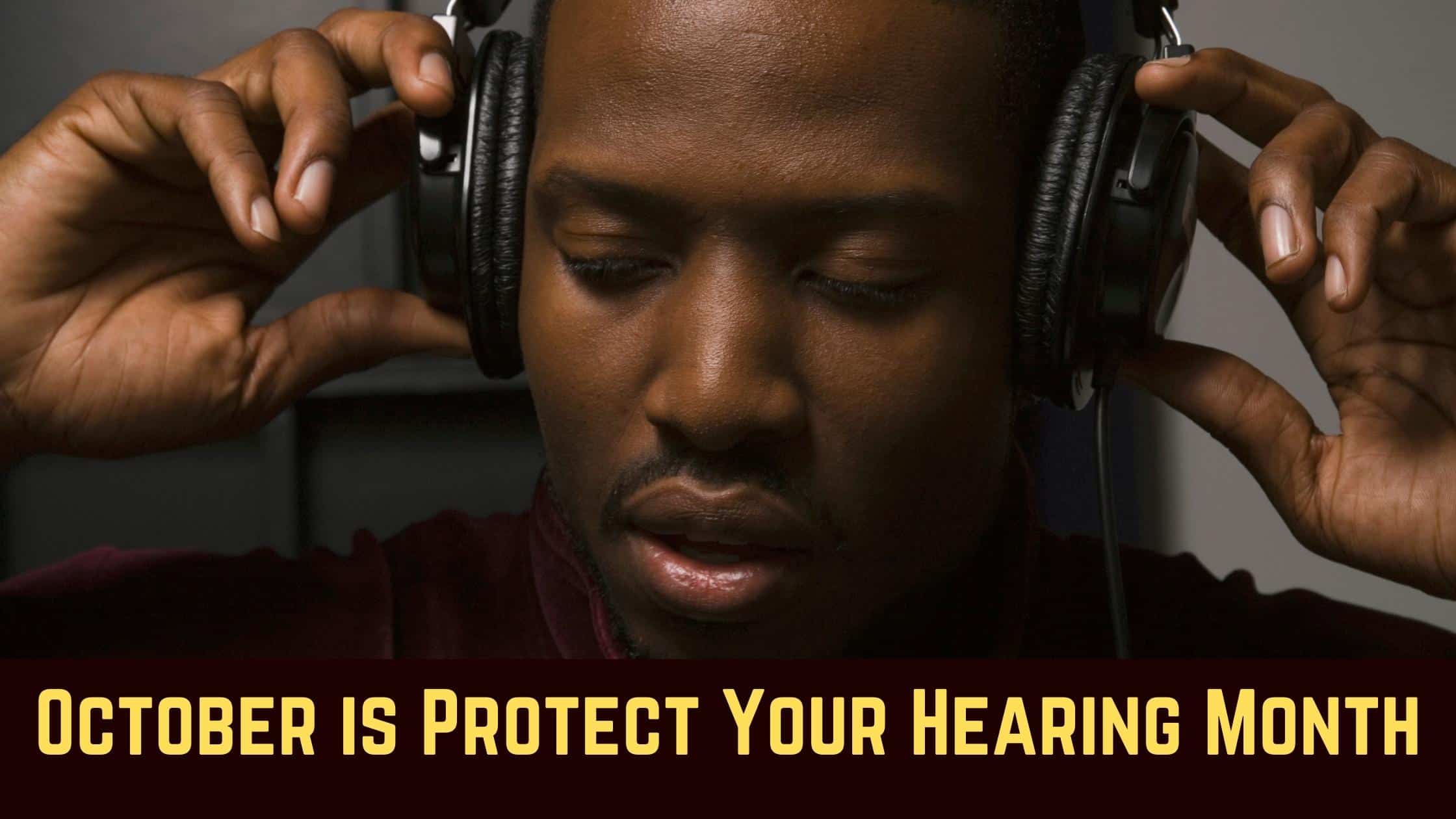
The National Institute on Deafness and Other Communication Disorders (NIDCD) has announced the start of National Protect Your Hearing Month this month, an annual campaign to promote awareness about the causes and prevention of noise-induced hearing loss (NIHL).
Even though older generations may already have noise-induced hearing loss, we must now urge young people to protect their hearing. One in every five teenagers has some degree of hearing loss, a considerable increase from one in every seven a decade earlier. The study, which was published in 2010 in The Journal of the American Medical Association, looked at data from 1,771 kids aged 12 to 19 who took part in the National Health and Nutrition Examination Survey in 2005-6 and compared hearing loss prevalence to that of kids who took part in the survey in 1988-94.
Earbuds and Noise-Induced Hearing Loss
Loud music has been around for a long time. So, why the recent increase in hearing loss among young adults?
The invention of earbuds as a style of headphones may be to blame. Hearing loss is generally caused by damage to the hair cells within the inner ear. Earbuds sit deep in the ear canal, meaning that the music people listen to is blasted directly next to the eardrum.
In addition, earbuds do not work as well as other styles of headphones (such as over-the-ear headphones) to cancel out surrounding noise. This often means that people will turn the volume up to hear the audio better, whether listening to music, videos, or podcasts.
Finally, earbuds also can have a higher decibel output than other headphones, meaning a higher risk of hearing loss.
How to listen to music responsibly
Earbuds are only one potential culprit for the rise in hearing loss amongst younger people. While purchasing over-the-ear headphones can assist in reducing the risk of hearing loss – especially if they are the noise-canceling type – the most important thing is to reduce the amount of time spent listening to music on personal audio devices.
The American Auditory Society recommends the ’60/60 rule. If you listen to music, it should never be turned higher than 60% of the maximum volume, and you should take a break from listening every 60 minutes. The rule of thumb is, “if you can hear somebody else’s music, it’s too loud.”
How to mitigate the risks of hearing loss in daily life
It isn’t just music that can affect a person’s hearing. Any sounds over 85 decibels can damage the ears – and daily noises that reach 85 decibels and above include hairdryers, lawnmowers, traffic, and food blenders. In other words, we are all exposed to potentially damaging levels of noise every day.
The best way to mitigate the risks of hearing loss from everyday noises surrounding us is to limit the time we are exposed to these noises. If you are sitting in traffic for an hour every day, be sure to keep your windows up for a while. If you are using a lawnmower, wear some hearing protection.
Simply being more aware of our surroundings, our exposure to the noises around us, and taking steps to ensure that our hearing is not damaged can go a long way to keeping your hearing health in good shape.
Noticing the signs of hearing loss
One of the first signs of hearing loss is tinnitus or a ringing in the ears. Tinnitus is most commonly experienced temporarily, for example, after leaving a noisy event such as a sports game or a concert. However, tinnitus is also often the first sign of hearing loss. If you start noticing a ringing in your ears – and especially if it doesn’t go away! – you should not delay contacting us. Many types of hearing loss can be prevented, so you must act quickly.
Regular checkups are also recommended. Not everyone will experience tinnitus alongside hearing loss, so it is essential to monitor your progress and ensure your hearing health is at its best. It’s never too early to become serious about protecting your hearing. If you need to book an appointment for a checkup, contact us today!
